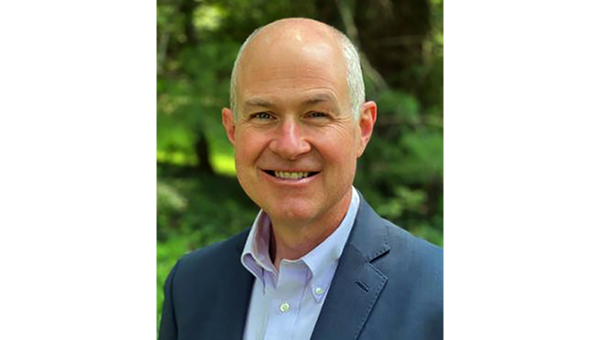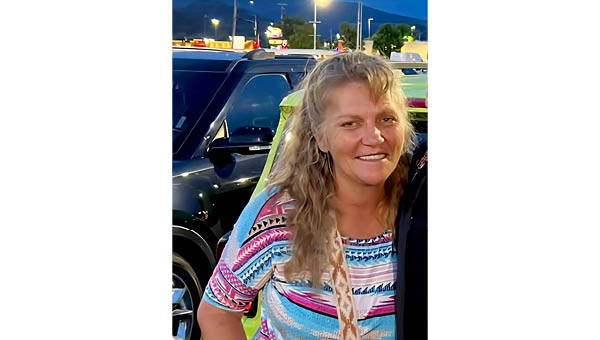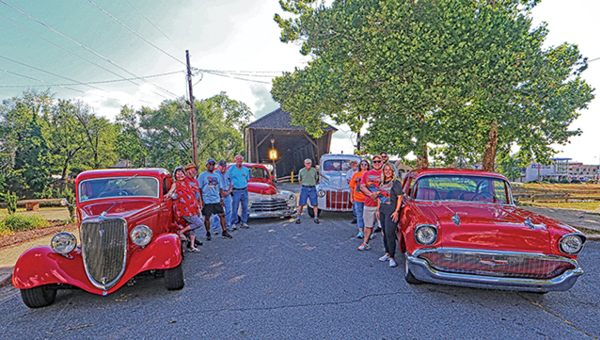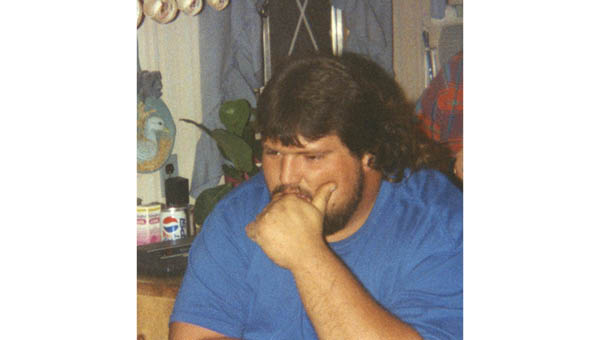Brains and Brawn: Bob Peoples the Hometown Hero: Part 3
Published 8:43 am Thursday, June 30, 2022
|
Getting your Trinity Audio player ready...
|
By Alex Campbell
The frustration, questions, and doubt that Bob Peoples dealt with after his disappointing performance in Detroit melted away as he began to plan his strategy to perform for his adoring public. The chance to compete with the support of a hometown crowd propelled his mind into action as he planned his workouts leading up to the meet. But regardless of how much time and effort he put into his training, the people of his community were not easily impressed.
One of the character traits that makes the Scots-Irish so unique is that they have little respect or use for given titles or positions. They could care less if your name began with lord, sir, mister, general, doctor, fellow, or the honorable. The only thing the folk of Upper East Tennessee cared about was the respect that a person earned by their actions.
Throughout history, the Scots-Irish example of electing leaders from within their own ranks whom they respected is widespread. When the British threatened the people of the overmountain settlements, they didn’t wait for the government to send an experienced military officer or uniformed soldiers to help. They gathered at Sycamore Shoals, elected their own leaders from among them whom they respected, and then went and tracked down the British and utterly destroyed them. They didn’t want an unknown military officer to be appointed from an outside entity to come in and start ordering them around. They preferred to choose men they esteemed from among their own ranks.
When Andrew Jackson became the leader of the Tennessee militia and was ordered to march his men to New Orleans to face the British, he told his subordinate officers that they could not just order the men around, they had to earn their respect. It was well known that the soldiers from Tennessee were hard to manage. Once a group of Tennessee soldiers said their original enlistment time was up and they were going home. Jackson knew he would need every available man to repel the British, so as they prepared to leave camp, Jackson’s subordinate ordered them not to leave, but the men just kept packing up like they didn’t even hear him. As the men walked up the road toward home, Jackson casually rode his horse up in front of them pulled out both his pistols and promised to shoot the first man to take another step toward home. The soldiers went back to camp. As they continued their march toward New Orleans, some of the men were sick, so Jackson ordered that all officers who had horses would walk while sick men rode their horses, no matter their rank. The men needed see that Jackson was tough but fair for him to earn their respect so they would allow him to lead them.
Later during the Great Depression, the federal government (to bring clean water, sewer services, sanitation, flood control, and jobs to the region) began the Tennessee Valley Authority. As they tried to persuade people to move from beside the creek and riverbeds which would soon be flooded and covered with expansive lakes, the suit-wearing, badge-displaying, paper-toting bureaucrats were ushered out of most hollows at the point of shotgun. Before long, the politicians and bureaucrats realized that it would be much easier to hire respected locals who could speak with their neighbors about the advantages of moving out of the way of the soon rising water. Mountaineers didn’t want someone with a college degree, government positions, or shiny badge to tell them what was best, but they would listen to a respected member of the community.
The only reason residents from Peoples’ own community would show up to watch him lift was not because he was given the title of the strongest man in the world or won a state championship. The only motivation for the community to show up to support Peoples was because they respected him. If his friends and neighbors didn’t look up to him as a man, there was no amount of advertising, carnival barking, begging, or cajoling that would get them to show up and scream their lungs out.
The reason people would show up to see Bob Peoples compete in a sport that, to be honest, many of them knew very little about, was because he was so respected. He had done well when he attended high school (one of the few boys who did finish high school in those days, especially the son of a farmer). He attended ETSU although he did not graduate. He was a dedicated worker and eventually a supervisor at the Rayon mill. He cared about his family and helped his parents work their own farm. His wife was a special needs teacher in the community. He was a faithful member of his church. And when World War II came around, he told his wife that he had to go. He always felt that as a respected member of the community and a person who was considered the strongest in the area that it was his duty to his community. It was all these reasons that the people of this community loved and respected him. In fact, every person I have spoken with that knew him personally never referred to him as Bob. Every one of them, even his wife, referred to him as “Mr. Peoples”.
A local charity was doing an important work, and they needed money to help young people in the area, so they wanted to see every seat filled. They could bring in bigger names, more famous people, and brighter stars from outside of the area, but in the foothills of the Appalachians settled by the Scots-Irish, no one was going to bring out the locals from the farms, fields, and hollows like a hometown hero like Bob Peoples. This is why he got the call to compete for the first and only time locally. They knew only one man could help all those children.
To be continued…






